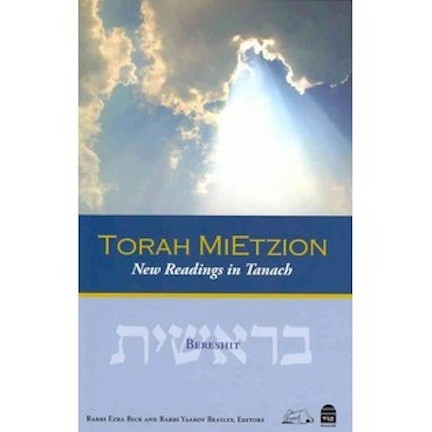As Rosh Hashana nears, real teshuvah is nearer than you think
With Tisha B’Av now safely behind us, can Rosh Hashanah and Yom Kippur be not too far ahead?
The High Holiday season will occur on the cusp of Labor Day weekend, one of the earliest such seasonal placements in memory. Due to this scheduling oddity, I have deemed this a major factor in the early consideration of the literary aspects that play an important part in the observance of these holidays.
The one overriding theme for this season is the concept of teshuvah (repentance), the obligation to self-examination of one’s errant behavior with a sincere commitment to repent. An excellent evaluation of the concept of teshuvah is found in the introduction to a new English commentary on Devarim (Deuteronomy), the last book of the Torah, recently published by the Kehot Publication Society, based upon the works of the Lubavitcher Rebbe, Rav Menachem M. Schneerson, of blessed memory.
“Teshuvah is a three-stage process: first, we need to recognize what we have done wrong [and articulate this recognition]; next, we need to feel remorse for having done what we did; finally, we need to resolve not to repeat our behavior. It is only natural, therefore, that the first parashah (chapter) of the book whose whole subject is teshuvah begin with rebuke designed to make us recognize the gravity of both our misdeeds and our missed opportunities. Therefore, Moses reviewed with the people the events that were crucial to their process of teshuvah, even those events that occurred relatively recently and were most likely still fresh in their memories.
“Nevertheless, Moses’ rebuke is an object lesson in the proper approach to repentance. Although Moses did not omit any detail that could have driven home the need for teshuvah, he took care to mention each detail firstly as vaguely as possible, in order to preserve the people’s dignity and self-esteem; and secondly, always in the context of their great promise, emphasizing how far they fell short of their potential rather than how terribly they failed.”
This eloquent overview concludes with the following sharp observation:

 61.0°,
Mostly Cloudy
61.0°,
Mostly Cloudy 









